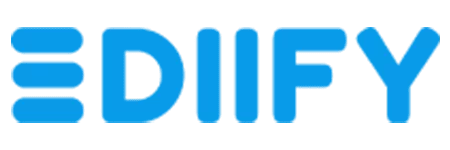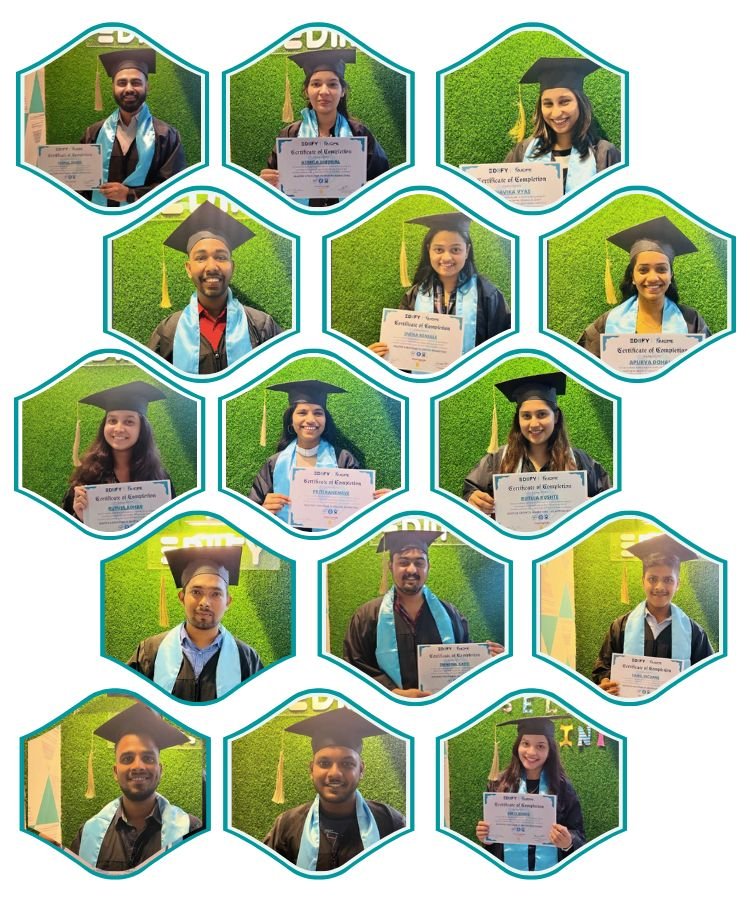Introduction:
In the ever-changing landscape of the fast-moving consumer goods (FMCG) industry, Hindustan Unilever Limited (HUL) stands out as a stalwart, tracing its roots back to its inception in 1933. As one of India’s premier consumer goods companies, HUL has consistently pursued excellence and innovation in its products and operations. This exploration aims to provide a comprehensive understanding of HUL’s present position and prospects through the lens of a SWOT analysis of Hindustan Unilever Limited.

Strengths:
HUL’s strengths are rooted in its expansive product portfolio, featuring a diverse array of household and personal care items. Brands such as Lux, Dove, Surf Excel, and Knorr have earned a reputation for quality and reliability among consumers. The company’s robust distribution network is another commendable strength, ensuring the widespread availability of its products, even in the most remote corners of the country.
Moreover, HUL’s commitment to sustainability and social responsibility has not only enhanced its brand image but has also resonated with an increasingly environmentally conscious consumer base. The emphasis on research and development has led to continuous product innovation, enabling the company to stay in step with evolving consumer preferences and market trends.
Take a look at the below blog on the impact of swot analysis on company performance
https://ediify.com/the-impact-of-swot-analysis-on-company-performance/
Weaknesses:
Despite its dominance, HUL grapples with certain weaknesses that demand attention. The company’s heavy reliance on a few flagship brands exposes it to the risks associated with fluctuations in consumer preferences. Additionally, its premium pricing strategy may hinder market penetration, especially in price-sensitive segments.
HUL faces the challenge of navigating a complex regulatory environment in India. Compliance with diverse regulations across states and regions demands significant resources and poses a potential obstacle to streamlined operations.
Take a look at the below blog on the competitors of reliance industries
https://ediify.com/project/the-competitors-of-reliance-industries/
Opportunities:
The dynamic consumer landscape presents a multitude of opportunities for HUL. The growing trend of health and wellness consciousness offers the company the chance to expand its product lines, with a focus on organic, sustainable, and health-oriented offerings.
E-commerce and digital platforms provide a burgeoning avenue for growth, enabling HUL to connect directly with consumers, optimize marketing strategies, and streamline distribution channels. Additionally, exploring untapped international markets holds the potential to open new frontiers for the company’s expansion beyond its traditional strongholds.
Take a view at the below blog The Benefits of swot analysis a Comprehensive Guide
https://ediify.com/unlocking-the-benefits-of-swot-analysis-a-comprehensive-guide/
Threats:
In the fiercely competitive FMCG sector, HUL encounters intense rivalry from both domestic and international players. Economic uncertainties, inflation, and fluctuating raw material prices can impact production costs and erode profit margins. The rapidly changing technological landscape also poses a threat, with the potential to disrupt traditional distribution channels and marketing strategies.
Take a view at the below blog swot analysis of reliance
https://ediify.com/swot-analysis-of-reliance-a-comprehensive-overview/

Conclusion:
Hindustan Unilever Limited’s journey has been characterized by resilience, innovation, and adaptability. As we scrutinize the SWOT analysis of Hindustan Unilever Limited, it becomes evident that while the company boasts numerous strengths and opportunities, addressing weaknesses and mitigating potential threats is crucial. By leveraging its strengths, exploring new opportunities, and proactively addressing challenges, HUL is poised to continue shaping the FMCG landscape and delighting consumers for years to come.


